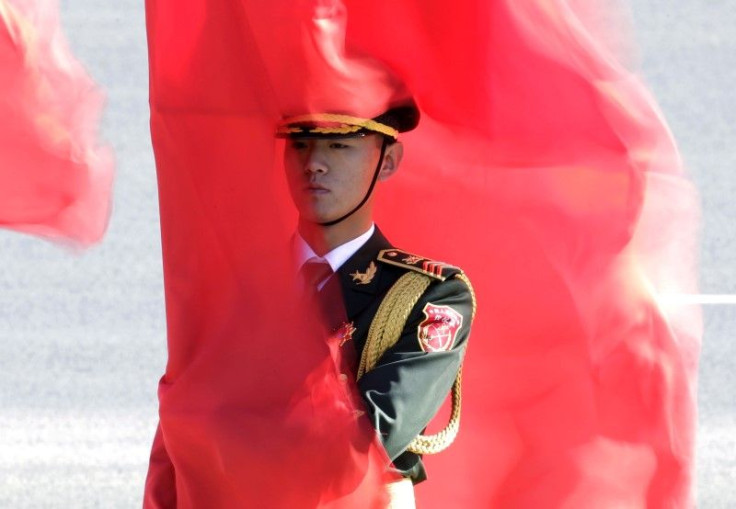China Proposes Tightening Grip On NGOs

China is proposing a further tightening of regulations on non-governmental organizations (NGOs), including demanding that they publicize specific information like funding and membership or face being banned.
Western governments and rights groups have lambasted a law passed in April aimed at foreign NGOs, saying it treats the groups as a criminal threat and would effectively force many out of the country.
Draft rules released by the Ministry of Civil Affairs on Monday, and reported by state media late the same day, are a bid to "safeguard people's freedom to set up social groups and better protect these groups' interests," the ministry said.
Chinese social groups, such as NGOs working on environmental protection or health matters, must publicly disclose details of their members and leaders, and donations they get, the ministry said.
They must also deliver to the government an annual work report before May 31 every year and make it public, the ministry said.
Those who fail to do so will be labeled as "abnormal," and have their tax exemption and other benefits canceled, it said.
They will be banned if they violate the rules for two years in a row, the ministry added.
The rules are open to solicit public opinion until Aug. 21, it said. It is not clear how the final rules may differ from the proposed ones and when they may be put into effect.
China had some 329,000 registered social groups as of the end of last year, state news agency Xinhua said.
They "promote economic development, improve social governance and (help) expand exchanges with the outside world," the ministry added.
Chinese officials have defended the foreign NGO law, saying only a small number of law-breaking NGOs would be punished and that there was no reason to fear the police.
The government also says it has been trying to bring order to a sector that has been plagued by scandals in recent years, including embezzlement of funds meant for charities.
But rights groups say language in the foreign NGO law banning activities that threaten national security interests or endanger social stability is too ambiguous and could push out groups the ruling Communist Party does not like.
The law and the proposed new rules on Chinese NGOs come amid a broad crackdown by President Xi Jinping on civil society, including rights lawyers and the press, which critics say is meant to quash dissent.
© Copyright Thomson Reuters 2024. All rights reserved.











